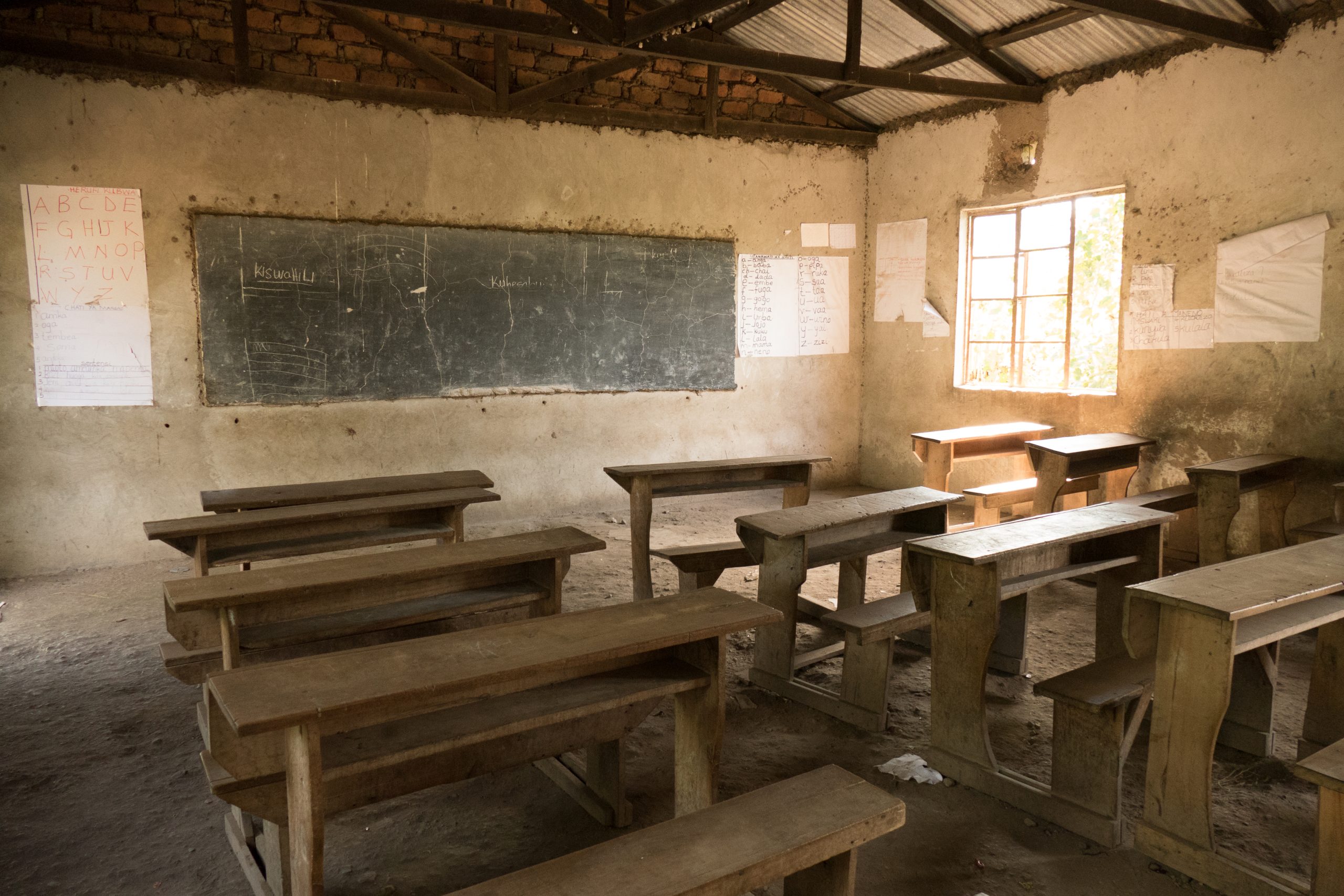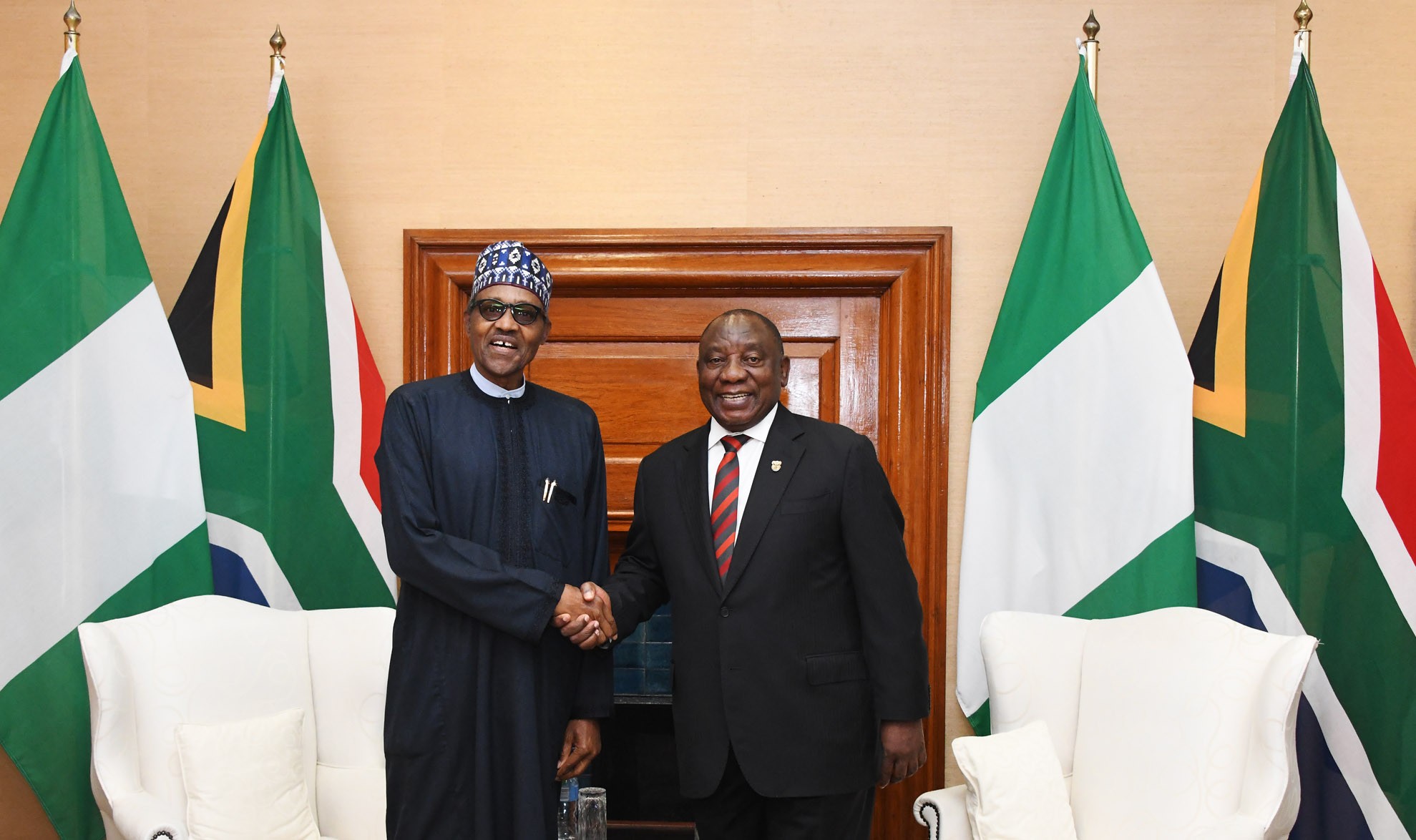The Tonse alliance, comprising the two largest opposition parties and several minor ones, won the June 2020 presidential elections and Lazarus Chakwera became president. In addition, the Malawi parliament endorsed and approved a proposal by the Malawi Electoral Commission to increase the number of legislative seats from 193 to 229 for the 2025 elections.
Malawi’s economy is primarily relying on agriculture and services. Structural factors hinder economic growth, such as deteriorating soil quality, water scarcity and insufficient human resources. Exposure to climate-change induced weather events strain resources, leading to debt burdens and donor dependence. Endemic corruption persists and disrupts the economy. The macroeconomic situation is dire, with a very high inflation rate and widespread poverty.
Despite high hopes for the new government elected in June 2020, progress after two years has been limited. The Vision 2020 plan has not shown significant outcomes and the latest MGDS III plan lacks clear priorities. Malawi’s new strategy, Malawi 63, adopted in 2021, emphasizes broad goals without specific direction. The lack of continuity and commitment between successive governments and diverging donor priorities have further led to inconsistencies.

